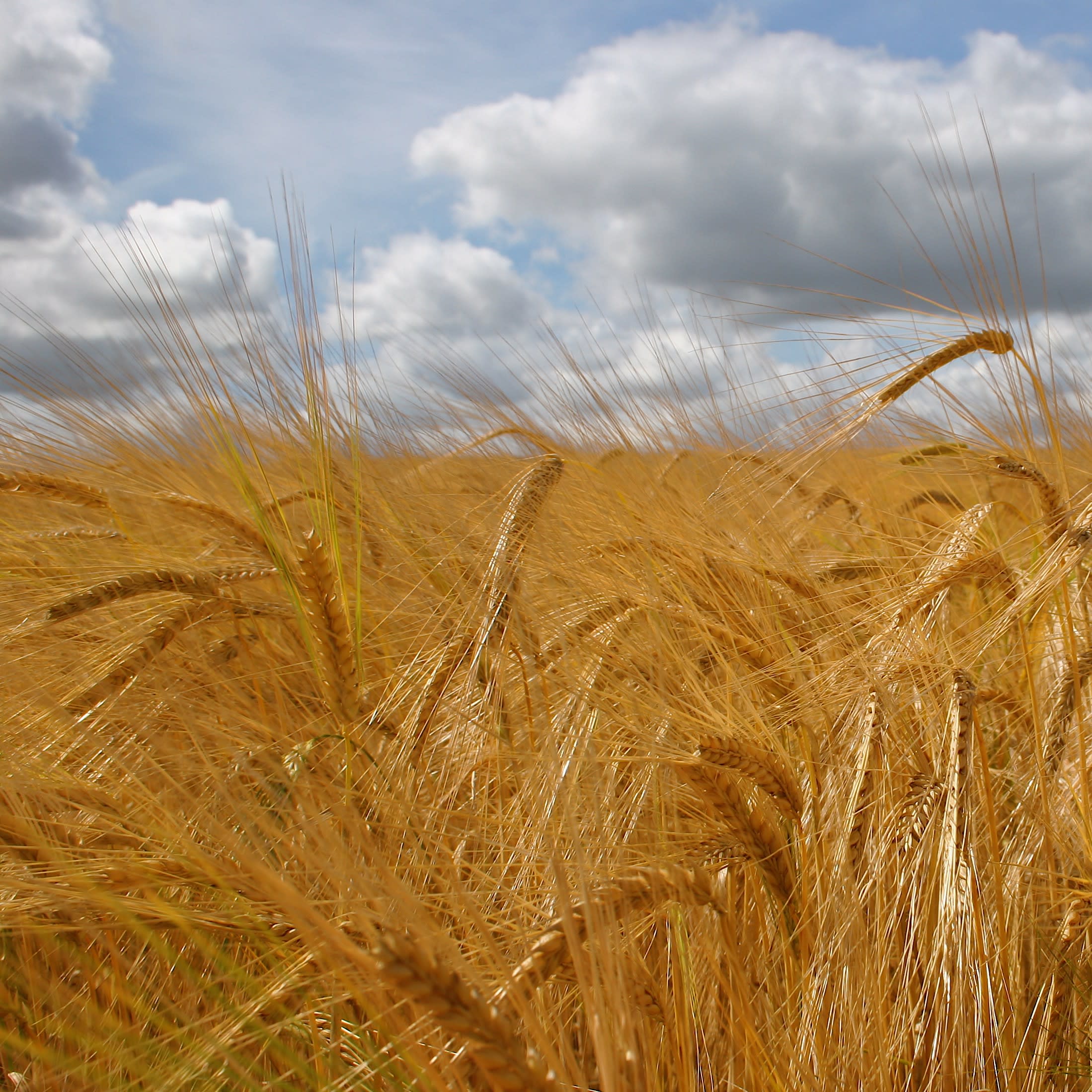In the time of the Mikdash, on the night following the first day of Pesach, a small amount of barley was harvested and brought on the following day as a meal offering in the Temple. This offering was called the OMER, which is the name of the measure of barley required. All other grain from that year’s crop is forbidden until the OMER is brought; nowadays when there is no Sanctuary, CHADASH, or new crop, is forbidden until the end of the 16th of Nisan, the day on which the OMER offering is obligatory in the Temple.
“Talk to the children of Israel and say to them, when you come into the land which I give you, and you reap its crop, bring an OMER of the first of your reaping to the Kohen… And don’t eat bread, flour or wheat kernels until this very day, until you bring the offering of your God, an eternal law for all your generations in all of your settlements” (Vayikra 23:10,14).
The word “first” of your reaping reminds us of the same word used to describe CHALLAH and TRUMAH, mitzvot where a small amount of the dough or of the new crop are dedicated to Hashem and thus make the entire remainder permissible to eat. Here also on a national scale, the entire new crop of grain is permitted until a small amount is dedicated to Hashem by bringing it as an offering in the Mikdash (Sefer Hachinukh mitzva 303).
The OMER is made from barley flour, an inferior flour not usually suitable for Temple offerings. There is a practical reason for this, since the barley ripens early and the wheat is not yet ripe at Pesach time. We explained in previous columns that the mitzva to bring the OMER from barley, together with the counting of the OMER which anticipates the offering of the two wheat loaves at Shavuot when the wheat is ripe, carries a unique message of balance in worship: On the one hand, Hashem is willing to accept our service even if it is less than perfect, if that is all we are able to offer Him. But this is not an excuse for complacency; such service is acceptable only if we conspicuously display our eagerness to serve Him in the proper and perfect way, by prominently showing our anticipation of the day when we will overcome all obstacles to serving Him properly.
“EVERYTHING NEW IS FORBIDDEN BY THE TORAH“
The halakhic statement forbidding CHADASH, the new grain crop, can be rendered, “Everything new is forbidden by the Torah”. The Chatam Sofer is said to have used this statement polemically to oppose reforms and innovations in Torah observance. Rav Kook likewise applies the legal rules of CHADASH to such innovations, but deepens the message of this likeness.
Regarding some new customs which were instituted for the purpose of outreach, he writes that while we are naturally suspicious of anything new and unfamiliar, once we succeed in elevating part of such an innovation to Hashem’s service we have shown that it can contribute to holiness, and we may consider it permissible (Maamrei HaRayah, “HaOmer v’Shtei HaLechem” pg. 474).
Rabbi Asher Meir is the author of the book Meaning in Mitzvot, distributed by Feldheim. The book provides insights into the inner meaning of our daily practices, following the order of the 221 chapters of the Kitzur Shulchan Aruch.
The words of this author reflect his/her own opinions and do not necessarily represent the official position of the Orthodox Union.
